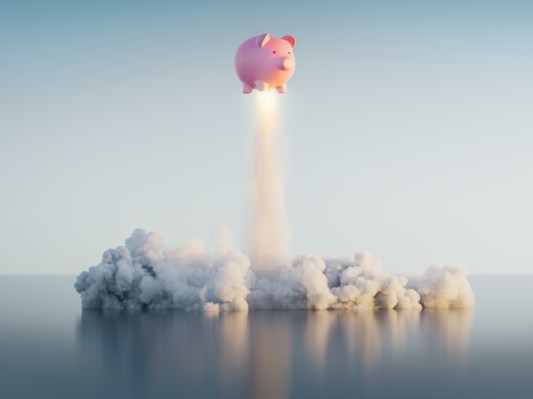Venture is back, baby! But not really at the later stages and, oh, also definitely not at the same valuations or cadence as 2021.
After more than six months of declining deal counts and venture activity, venture deal pace is starting to pick up again. Multiple investors and lawyers told TechCrunch this week that they’ve started to see deal activity start to ramp up since summer unofficially ended on Labor Day.
Mike Brown, a general partner at Bowery Capital, said that while the numbers don’t match 2021’s totals, it’s a big uptick from recent months. Latif Peracha, a general partner at M13, agreed. “That first week after Labor Day was an incredibly vibrant week,” Peracha said. “Now it feels like we are not only seeing more deal activity from an initial check standpoint, we’re also seeing more interest in our companies, which is a huge relief.”
Brown echoed this. He said that multiple Bowery portfolio companies had walked away from funding rounds earlier this year due to unattractive terms from potential investors. But in the past few weeks, those very investors have come back to the table hoping to find a compromise and get the deal done.
“Twelve months ago, the VC might have just walked away and said, ‘Forget it; there is no deal to do here,'” Brown said. “Now they are more receptive and willing to figure out a deal.”
The uptick in deal activity seems to be largely concentrated at the early stages so far, both investors said. Brown said that activity at the seed level has heightened considerably, and Peracha said Series A is starting to get competitive again, though things are so far less active at the Series B stage and beyond.
This makes sense, given how the initial funding slowdown happened: Data from PitchBook shows that seed deals remained strong in Q1 and started to decline in Q2 but not nearly as rapidly as early- and late-stage deals.
“[Seed deals] are obviously down year over year, but if you were comparing July and August to September, it’s up pretty significantly month over month,” Brown said.
While more companies at the pre-seed and seed stages are closing deals, Peracha and Brown said that there is also an uptick in Series A companies and beyond going out to raise — many just aren’t able to get deals over the line. It appears that investors and founders are still working through their differing opinions on what valuations should look like in this market.
There doesn’t appear to be much of that struggle at the seed stage, though valuations have come down and there are considerably fewer large outlier rounds, Brown said. While a handful of companies are raising at the same or lower valuations than their previous rounds, Peracha said that most solid companies are still raising at good multiples with stiff competition.
“We are seeing what feels like full prices for the amount of capital being raised,” Peracha said. “There are too many good companies for there not to be competition for the most talented founders.”
Brown pointed out that some firms that are getting active again are not leaning as heavily into the categories they were investing — and maybe got burned by — in 2021. He said many of these firms are keeping those sectors in their long-term strategy but are pausing investing in frothy categories (like developer tools) while they wait for more data.
But some things never change: VCs continue to favor growth over economics, especially at the earlier stages. While VCs harped on having good economics and a path to profitability all summer, the narrative of growth at all costs is still largely winning out, Peracha said. He added that companies that aren’t growing significantly are “as good as dead.”
If activity continues to pick up, the fourth quarter could be particularly interesting. Will it be active enough to save this year from being a total loss? Will we start to see exits again? I think we’re all anxiously waiting to find out.
“Given that pricing has certainly come down, this will be an attractive time to put capital to work,” Peracha said. “We all know the storylines of generational companies, whether you are talking about PayPal in 2001 or Uber in 2009. We feel pretty confident that the same thing will happen in this upcycle, and we are excited to hopefully find some of those companies.”
